How safe are snoring mouthpieces?
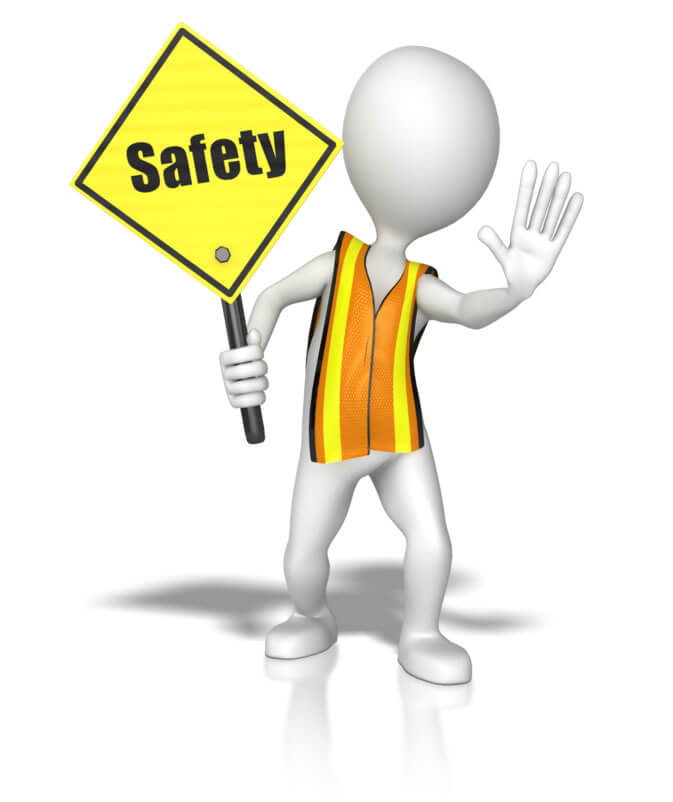 According to the American Academy of Dental Sleep Medicine, about 24% of women and 40% of men have a snoring problem. Currently (as of 2015) the population in the United States is approximately 319 million. Assuming that half of the population are men and half women, that’s 38 million snoring women and 64 million snoring men or a combined snoring population of 102 million. In other words, A LOT of people snore.
According to the American Academy of Dental Sleep Medicine, about 24% of women and 40% of men have a snoring problem. Currently (as of 2015) the population in the United States is approximately 319 million. Assuming that half of the population are men and half women, that’s 38 million snoring women and 64 million snoring men or a combined snoring population of 102 million. In other words, A LOT of people snore.
Snoring has become so common that living with a snoring partner is often accepted as a part of life and jokingly dismissed. Unfortunately, living with a snorer can actually lead to serious relationship issues as sleeping together in the same room can eventually become a problem.
Those who have to deal with a snoring partner usually end up searching for a solution and quickly become overwhelmed with all of the available products from nasal strips, throat sprays, herbal remedies, nasal dilators, mouthpieces, rings, as well as a number of other snoring solutions. In fact, there are more than 300 snoring products currently registered with the US patent and trademark office.
As a snorer, I have tried several of the mentioned products and above all, have found the Mandibular Advancement Device (MAD), or mouthpiece to be the most effective. For most who are trying to decide upon a solution, product safety always seems to be a concern. That being said, let’s examine some of the safety concerns that one may have when it comes to using one of these devices.
Before getting started, here’s a brief explanation of how these devices work.
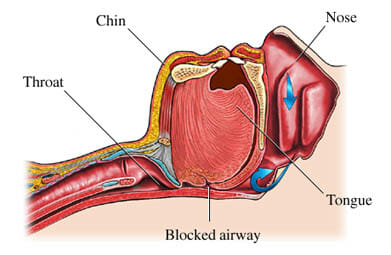 In a nutshell, a traditional a MAD resembles an athletic mouthguard and is placed into the mouth at night before going to bed. The device fits around your teeth and holds the lower jaw forward. Doing so opens a restricted airway which is the most common area where snoring occurs. A more in-depth explanation of how these devices work can be found here.
In a nutshell, a traditional a MAD resembles an athletic mouthguard and is placed into the mouth at night before going to bed. The device fits around your teeth and holds the lower jaw forward. Doing so opens a restricted airway which is the most common area where snoring occurs. A more in-depth explanation of how these devices work can be found here.
Those who have an interest in treating a snoring problem with such a product usually question the safety of a snoring mouthpiece.
For about three decades now, mouthpieces have been used to treat snoring and in some cases, mild to moderate OSA. They have been issued by dentists for a number of years and when used as prescribed and under the right circumstances, these are generally considered to be safe.
As with any other medical device, there is always an exception when it comes to safe use. Below are a few potential safety issues that you may want to consider.
Sleep apnea
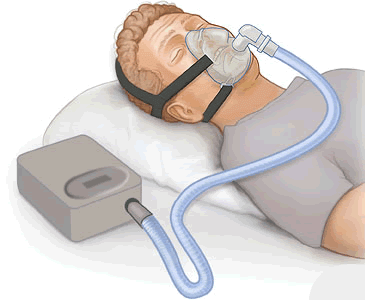 One of the greatest safety concerns when it comes to using a mouthpiece to prevent snoring is whether or not there is a presence of what is known as sleep apnea. Sleep apnea occurs when there is a momentary pause in breathing while asleep that can often last for several seconds. It just so happens that snoring may be a sign of sleep apnea.
One of the greatest safety concerns when it comes to using a mouthpiece to prevent snoring is whether or not there is a presence of what is known as sleep apnea. Sleep apnea occurs when there is a momentary pause in breathing while asleep that can often last for several seconds. It just so happens that snoring may be a sign of sleep apnea.
Sleep apnea may lead to a number of other health issues such as high blood pressure, heart disease, and stroke.
How do you know if you have sleep apnea? The only way to know whether or not your snoring is related to OSA is to visit your doctor where he or she will help you to determine if further testing is required. Those with known sleep apnea should seek professional medical assistance to treat this condition. This page contains a questionnaire that can help your doctor determine the probability that sleep apnea is present.
While a MAD can be used to treat OSA, this should only be attempted while under the supervision of a doctor. You should not use a MAD if you suspect that your snoring is a symptom of sleep apnea.
Loose/ missing teeth
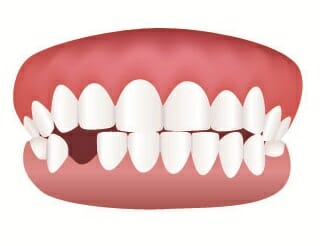 For the sake of safety, those with loose or a number of missing teeth should not use a mouthpiece to prevent snoring. Two trays, an upper and lower, fit snugly around the teeth and use leverage points to hold the jaw in the forward position. Since a strong set of teeth are needed for proper functioning, such devices should not be used if you are experiencing any such dental issues.
For the sake of safety, those with loose or a number of missing teeth should not use a mouthpiece to prevent snoring. Two trays, an upper and lower, fit snugly around the teeth and use leverage points to hold the jaw in the forward position. Since a strong set of teeth are needed for proper functioning, such devices should not be used if you are experiencing any such dental issues.
More recently, the Tongue Stabilizing Device (TSD) has been recognized as an effective means to treat snoring. Products such as the GMSS may be a good alternative for those with loose/missing teeth or dentures. Be sure to check with the manufacturer concerning your individual condition before use.
Jaw issues
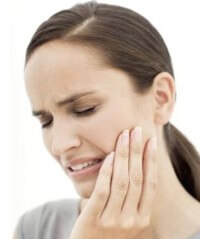 For those who have jaw issues such as Temporomandibular Joint Dysfunction (TMJ), a jaw that pops, locks, or dislocates or any other problems with their jaw should not use a mouthpiece for snoring. Doing so is not safe and can cause further issues.
For those who have jaw issues such as Temporomandibular Joint Dysfunction (TMJ), a jaw that pops, locks, or dislocates or any other problems with their jaw should not use a mouthpiece for snoring. Doing so is not safe and can cause further issues.
A mouthpiece will hold your jaw forward and stretch the muscles in the surrounding area. If an underlying problem currently exists, the use of such products could irritate or worsen the condition.
Food and Drug Administration Involvement
 Choosing a product that has been cleared by the Food and Drug Administration (United States) is an important safety consideration that should be examined prior to using a mouthpiece. The FDA examines the safety of such medical devices and issues clearance prior to the product being sold.
Choosing a product that has been cleared by the Food and Drug Administration (United States) is an important safety consideration that should be examined prior to using a mouthpiece. The FDA examines the safety of such medical devices and issues clearance prior to the product being sold.
Between dentist prescribed products and internet sold DIY mouthguards, there are several dozens to choose from. Unfortunately, there are some manufacturers who did not go through the proper channels to obtain FDA clearance. Simply put, non-FDA cleared products may not be safe and should be avoided altogether. Check here to see if the product that you are interested in has been cleared.
Overall thoughts on safety
 When it comes to safety, be sure to review the above safety considerations before deciding to use any such product to stop your snoring.
When it comes to safety, be sure to review the above safety considerations before deciding to use any such product to stop your snoring.
It’s a good idea to consult with your doctor who can address any additional concerns that you may have as well as help you determine if sleep apnea may be a possibility. If you have loose or missing teeth or issues with your jaw, such devices may not be a good fit for you.
As always, be sure to use a product that has been cleared by the FDA as these are going to be your safest bet.
Follow all of the manufacturer’s instructions and use only as directed.
Speak with your doctor about oral appliances and take a look at some of these DIY products which can be ordered online at a fraction of the cost of professionally fitted devices.
Share This Post:
